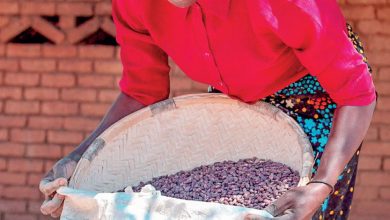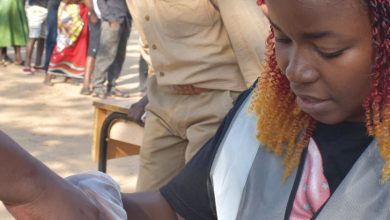Rethink immigration detention laws
The author is a specialist in migration, diplomacy, and conflict resolution.
In every country, there comes a moment when quiet lapses expose fragile governance.
For Malawi, that moment dawned in 2022 when immigration officers in Mangochi District lawfully detained foreign nationals under Section 18 of the Immigration Act, only to see them released by the Police, who had no such mandate.
The procedural breakdown, simple yet unlawful, was more than an error. It revealed how vulnerable our system is to abuse, interference and systemic failure.
Later that year, immigration officers in the district detained six undocumented foreign nationals at a cement manufacturing plant pending court appearance. By morning, they had vanished following “orders from above”.
This troubling phrase has become shorthand for political interference that undermines the very institutions tasked with safeguarding our borders.
At the heart of these incidents lies a structural flaw Malawi has ignored since independence in 1964:
The absence of dedicated immigration detention facilities.
Today, foreign nationals are either held in police cells or prisons meant for convicts.

Prison pending trial. I Msf.org
This creates confusion over custody, opens dangerous loophol es and leaves immigration off icers vulnerable to blame for circumstances beyond their control.
In one case, a regional commander then, was interdicted for a release he did not authorise—punished not for misconduct but for doing his legally mandated job.
Lack of proper detention facilities is not just an administrative gap, but also a human rights concern.
Most of the detained foreigners are not criminals. Some are ordinary migrants robbed of passports or travel documents, stripped of their belongings or abandoned in transit by traffickers. Others are fleeing persecution and fear in their countries of origin, seeking safety and dignity.
Detaining such individuals alongside convicted criminals strips them of their humanity but also places Malawi at odds with international human rights standards.
The solution is within reach. Establishing dedicated detention centres whether in Lilongwe or all four regional headquarters, with capacity for even 50 to 100 detainees would be transformative.
Managed directly by trained immigration officers, such facilities would ensure professional, lawful and humane custody. They would close the loopholes that allow political interference, reinforce accountability and restore integrity to immigration enforcement.
Close to home, South Africa’s Lindela Holding Facility in Krugersdorp and Botswana’s centre in Francistown are transparent, accountable and specifically designed for undocumented migrants.
If our neighbors can build and sustain such systems, why not Malawi?
Reform, however, must not stop at detention centres.
For years, experts have called for merging the Immigration Department with the National Registration Bureau, which perform overlapping roles in identity management.
A merger would eliminate duplication, reduce cost, streamline service delivery and align with Malawi 2063 vision for a modern, efficient and citizen-centred public sector capable of meeting the demands of an increasingly mobile population.
The stakes extend beyond administrative efficiency. Malawi sits along the Southern Route, a major migration corridor linking the Horn of Africa to South Africa.
Every year, thousands of migrants pass through our borders. Without proper facilities, oversight, and reform, we risk being the weakest link in regional migration governance—expos ing ourselves to human rights violations and reputational damage.
The 2022 scandals were a warning shot. A system without safeguards invites interference. A nation without dedicated facilities undermines its own sovereignty. A government that fails to protect both its officers and vulnerable migrants loses credibility at home and abroad.
Malawi must now decide whether to continue patching a broken system or to build one worthy of our values and aspirations.
Immigration detention is not about punishment, but protection of the rule of law, human dignity and institutional integrity
Immigrants detained at Maula Prison pending trial. I Msf.org





